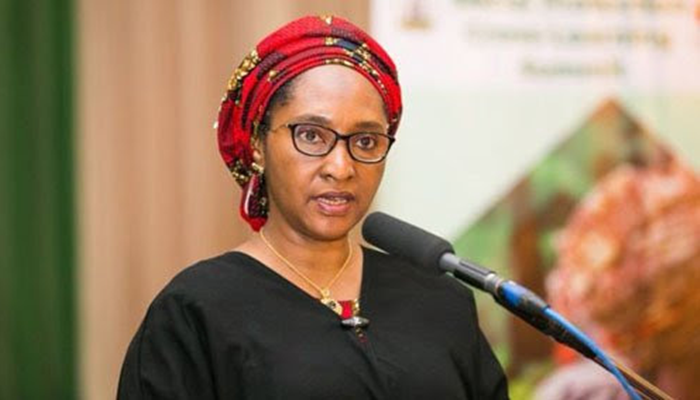
The Impact Investors Foundation (IIF) has said in a new report that Nigeria recorded $4.7 billion inflow of impact investment from 2015 to date.
The report, which was contained in a study on “Impact Investing and Policy Landscape Analysis: Nigeria and Ghana,” revealed that Nigeria’s impact investment market of $4.7 billion was 3.9 times the size of Ghana’s $1.2 billion since 2015.
According to the study conducted by IIF with support from Ford Foundation and Dalberg, the number of impact investors active in the two countries increased markedly with 50 additional players since 2015.
The News Agency of Nigeria (NAN) reported that impact investing refers to investments into companies, organisations and funds with the intention to generate beneficial social or environmental impact alongside a financial return.
As at 2015, Nigeria and Ghana represented more than half (54 per cent) of impact investing capital in the region, with Nigeria receiving 29 per cent and Ghana receiving 25 per cent of the capital deployed.
According to the report, Development Finance Institutions (DFI) continue to dominate the impact investment space, representing 97 per cent of the market and an average transaction size of $56.9 million, while non-DFI transaction sizes increased moderately from $2.2 million to $2.6 million.
Presenting the report in Lagos, IIF Chairman, Mr. Afolabi Oladele, said the report was written to address the lack of information on the impact investing sector.
“It will also provide a much needed up-to-date regarding the funding of impact capital,” he said.
Director of Ford Foundation in West Africa, Mr. Innocent Chukwuma, said that the whole idea of investing was to impact on the people and the environment while delivering goods that will contribute in the overall development of the society.
“We need more studies to convince investors of the potentials inherent and that is the idea behind this study,” Chukwuma said.
Among the challenges of impact investing identified in the study were scarcity of investment-ready businesses, raising funds from local funding sources as well as poor data availability hindering ability to make investment decisions.
Others are difficulty realising exits given shallow nature of secondary markets, scarcity of qualified business leaders able to lead portfolio companies and a lack of regional integration hindering the growth opportunities for portfolio companies.
Overall, the research found that the policy environment for impact investing remained underdeveloped but that not all constraints are binding.
Both Nigeria and Ghana lack policy frameworks that explicitly support impact investing as an investment strategy, the report said.






